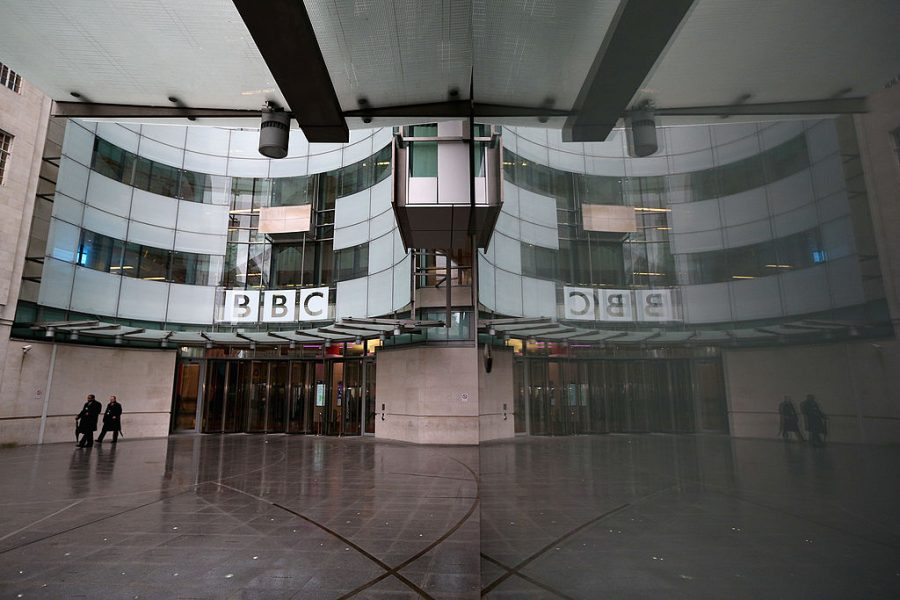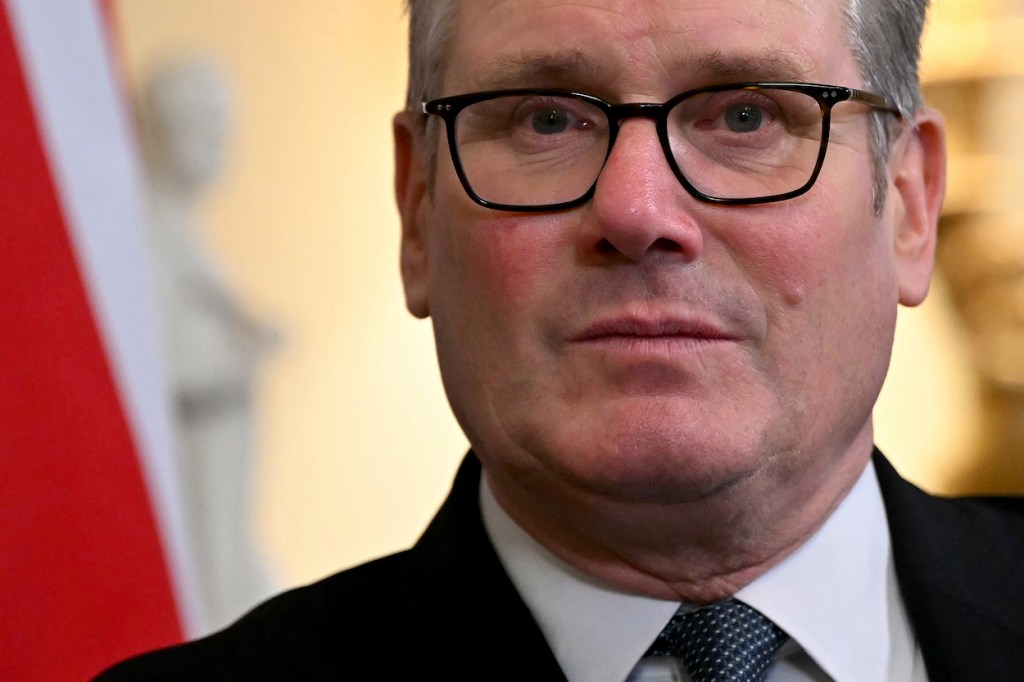When Tim Davie, the director-general of the BBC, addresses the Future Resilience Forum in London this afternoon, he has a clear mission: to fight for the BBC World Service’s future. Davie will warn that ‘when the World Service retreats, state-funded media operators move in to take advantage.’ Whether you love or loathe the BBC, Davie is right: the World Service is needed more than ever.
The Beeb has had a torrid few years. Davie recently marked the fourth anniversary of his appointment as the corporation’s 17th director general, in which time former Panorama interviewer Martin Bashir was exposed as a manipulative liar, BBC News falsely accused a group of Jewish youths celebrating Hanukkah of using anti-Muslim slurs, Gary Lineker was suspended for comparing the previous government to the Nazis, and stalwart presenter Huw Edwards was convicted for child pornography.
Where the World Service broadcasts, people listen, and prefer it to Autocracy FM
These have been more than isolated stumbles. Time and again, mistakes have been made and exacerbated because of a culture of poor management: the BBC is slow to admit error, protective of big-name stars, erratic in its editorial judgement and pervaded by a zealously progressive hauteur on a number of controversial errors. All of this has been ammunition for the corporation’s critics, who seek to clips its wings or get rid of it altogether
Despite all that, the message that Davie is expected to deliver is compelling and true. He will explain that expansionist autocratic states are devoting considerable resources to outlets promoting their own interpretation of current events – let us call it what it is, propaganda. They are using a range of platforms including social media and they regard this information warfare as a counterpart to diplomacy and hard power.
Russia and China, Davie will say, ‘are spending an estimated £6-8 billion on expanding their global media activities – investing hard to grow their audiences in key markets in Africa, the Middle East and Latin America’. In Kenya and Liberia, the state broadcasters are transmitting Chinese television and radio content, while media backed by the Russian government are being relayed on Lebanese radio.
This is happening at a time when the BBC World Service is, in Davie’s word, ‘retreating’. In 2022, it closed its Arabic and Persian stations and cut nearly 400 jobs to achieve savings of £28.5 million, and as a result lost 12 per cent of its audience. The equation is straightforward: where the BBC ceases to broadcast, a gap opens up and is filled by dictators with deep pockets and no scruples about promoting their own interests. Western democracies are losing the information war.
The BBC’s critics will point to instances of its editorial bias. But we need to be realistic. The corporation makes mistakes, and has sometimes been found to have employed correspondents whose impartiality falls far below the high standards they, and we as licence fee payers, should expect. To suggest, however, that the World Service is as flawed or as partial as RT or China’s CGTN is absurd. The fact that we know when the BBC gets it wrong, and that the World Service is regulated by Ofcom, already puts it in a different category from the mouthpieces for Putin and Xi.
The BBC World Service is a trusted and popular product. Last year it was reported that in Nigeria, for example, 60 per cent of the population consumed BBC news content every month, compared to 9 per cent for CGTN and a tiny 2 per cent for RT. Where the World Service broadcasts, people listen, and prefer it to Autocracy FM. But audiences, like nature, abhor a vacuum, and if we allow a situation in which Russia, or China, or any other dictatorship is providing the only news, that is what people will listen to.
It is fashionable in some circles to dismiss the notion of ‘soft power’. We can debate its meaning and extent, but the billions of dollars spent by China and Russia suggest that they believe in its utility, which means the West should too. The argument Tim Davie will make is not an easy one: even if we accept that diminishing the World Service is allowing our adversaries to drown out facts with propaganda, there is the brutal practicality of how we are to fund it.
The World Service currently draws on the licence fee with an additional £104.4 million from the Foreign Office. The culture secretary Lisa Nandy has said she supports the licence fee but that all funding mechanisms will be examined ahead of the charter renewal process. Davie has acknowledged the challenge, telling the Royal Television Society in March that ‘we cannot keep asking UK licence fee payers to invest in [the World Service] when we face cuts to UK services’.
The new government boasts of taking ‘tough decisions’. There are plenty here. If the World Service cuts back, other, often malign, providers will step into the breach. The influence of their backers will grow, while ours diminishes. Stopping this happening will cost money, and public expenditure is at a premium. But this is an age of rampant mis- and disinformation, in which accuracy and impartiality are embattled. We have a weapon at hand, so the question becomes: are we going to stay in this fight, or step back and let the other side win?








Comments